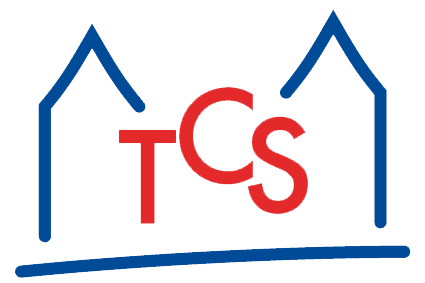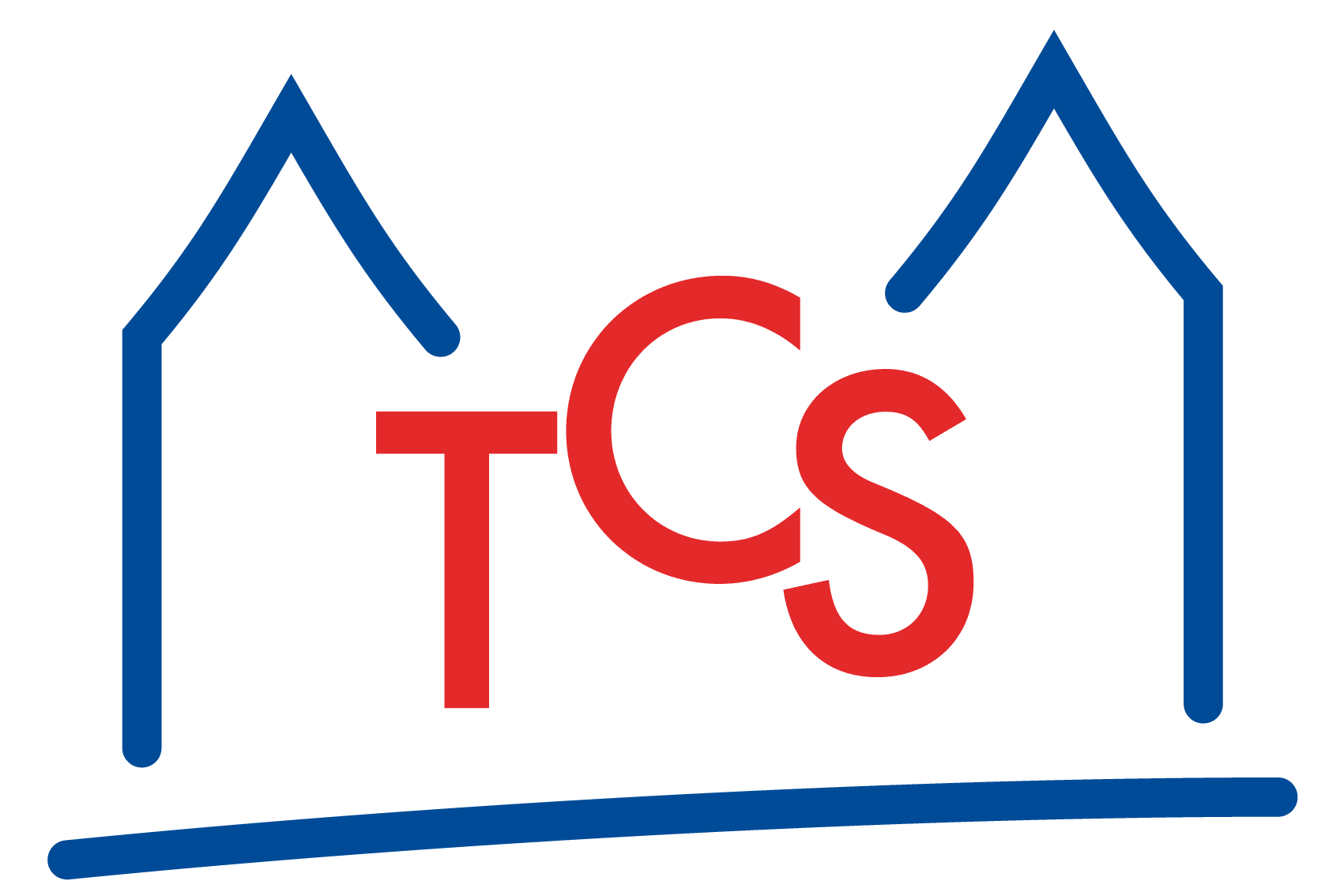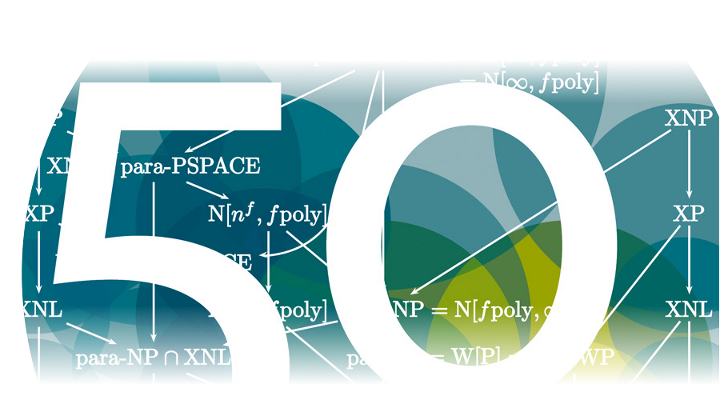07. Januar 2004, 17 h c.t. Uhr, H1, Seefahrtschule
Prof. Lawrence L. Larmore, School of Computer Science, University of Nevada, Las Vegas
Knowledge State Algorithms and Paging: Randomization with Limited Information
The harmonic number Hk is a known lower bound for the competitiveness of any randomized online
algorithm for the k-cache problem. It is also known that to achieve
this competitiveness, the algorithm must remember the names of some of the
pages that have been ejected from the cache. We call those pages
"bookmarked" pages.
We present optimally competitive randomized online algorithms for the 2-cache
problem and the 3-cache problem, using a novel technique called
"knowledge states." Our algorithms sometimes randomly choose to
"forget" information from the past.
The central
device used is an "estimator" which estimates what the optimal cost has
been so far, as a function of the state of the optimal offline
algorithm. Not only does the algorithm use randomization to make its
moves, but the estimator is updated at every step using a Las Vegas
technique. The combination of estimator and algorithm distribution is
called a knowledge state.
Our knowledge state algorithm for the 2-cache problem uses only one bookmark, and our
knowledge state algorithm for the 3-cache problem uses only two
bookmarks. One question is, how many bookmarks are needed by an
optimally competitive randomized online algorithm for the k-cache
problem, for general k? We know that an algorithm with no bookmarks can
achieve competitiveness 2Hk-1. What is the
tradeoff between number of bookmarks and competitiveness?
We have also used knowledge states successfully to achieve the lowest known
competitiveness for the randomized 2-server problem on the line,
although the result was obtained using a computer and has as yet not
been verified by hand.
In general, the knowledge state approach, for any online problem, is a
systematic tool for limiting the complexity of a randomized online
algorithm, perhaps at the cost of loss of optimality.





